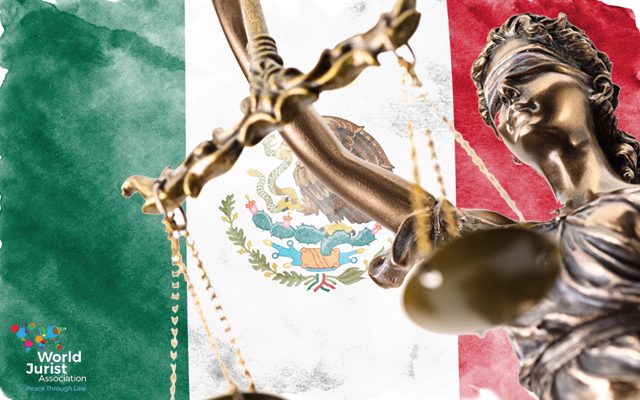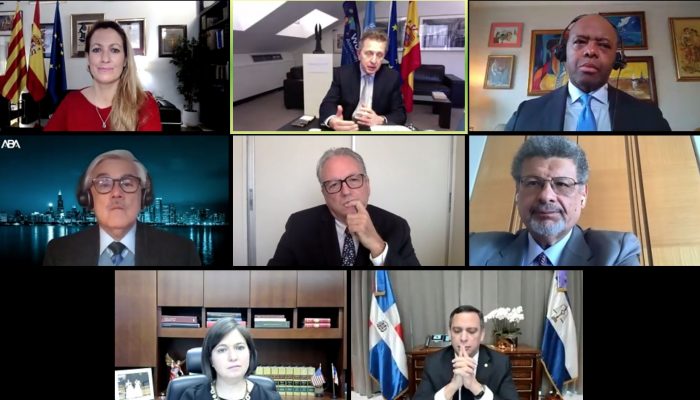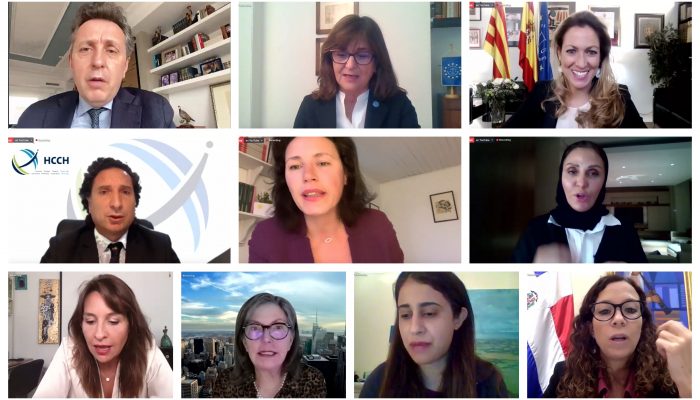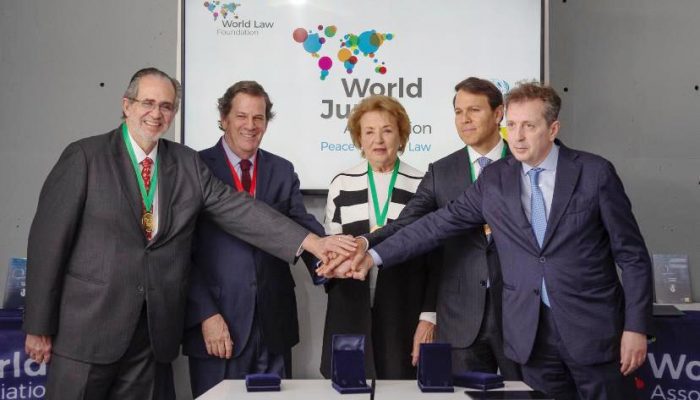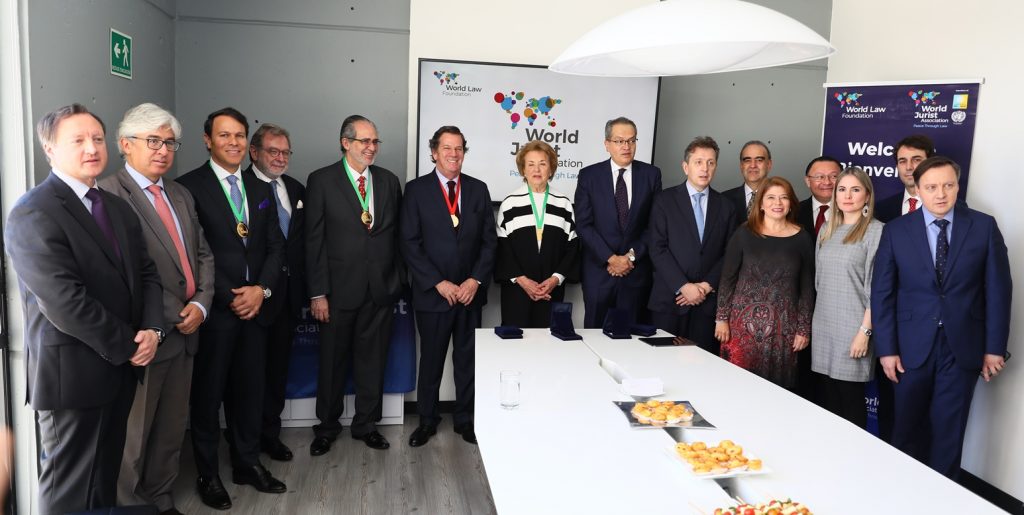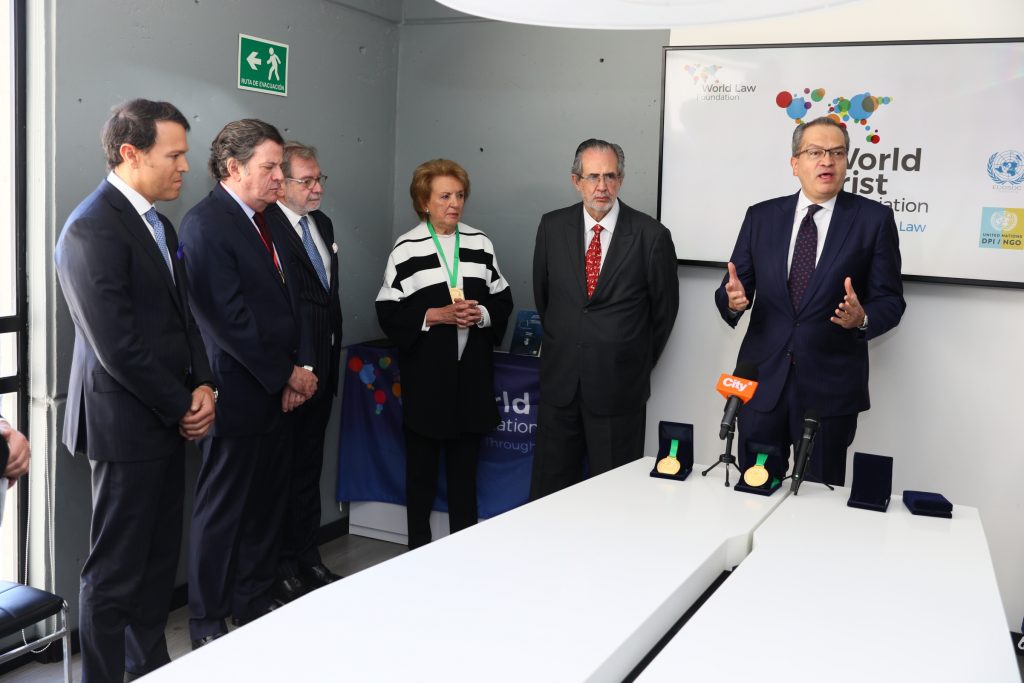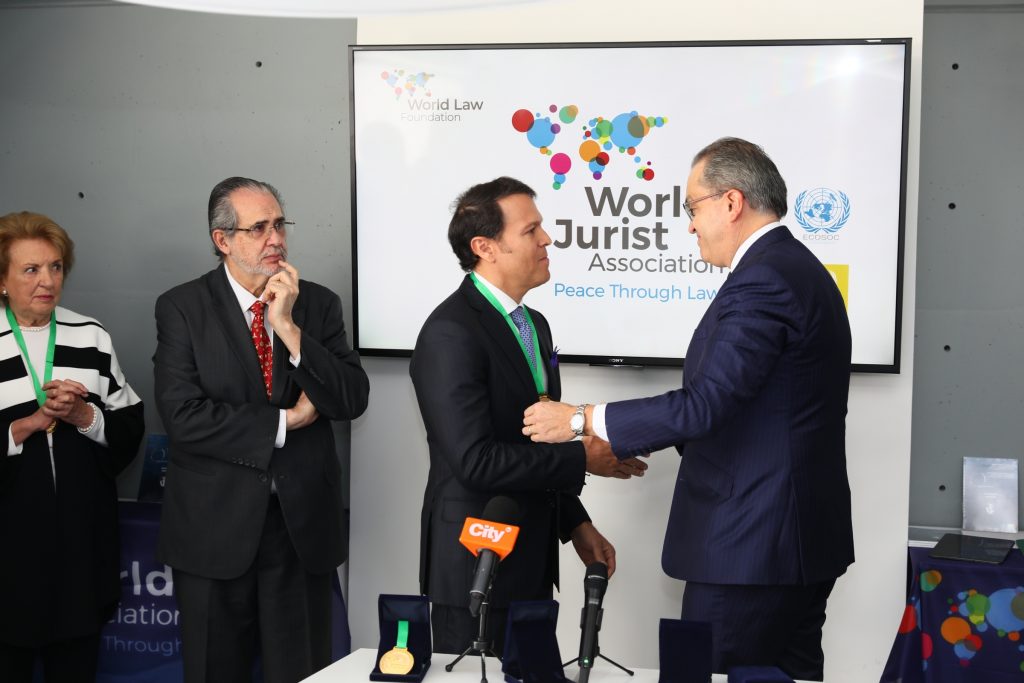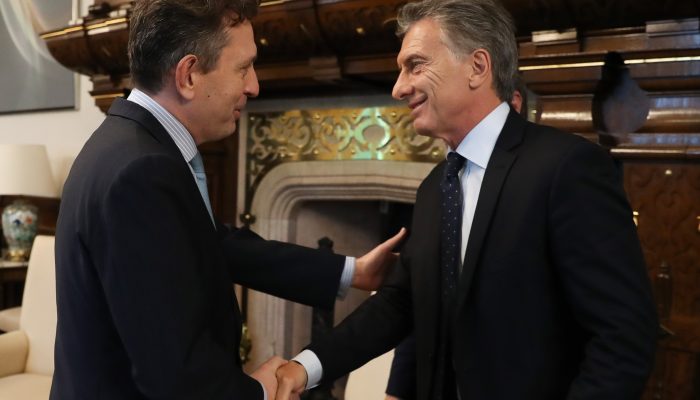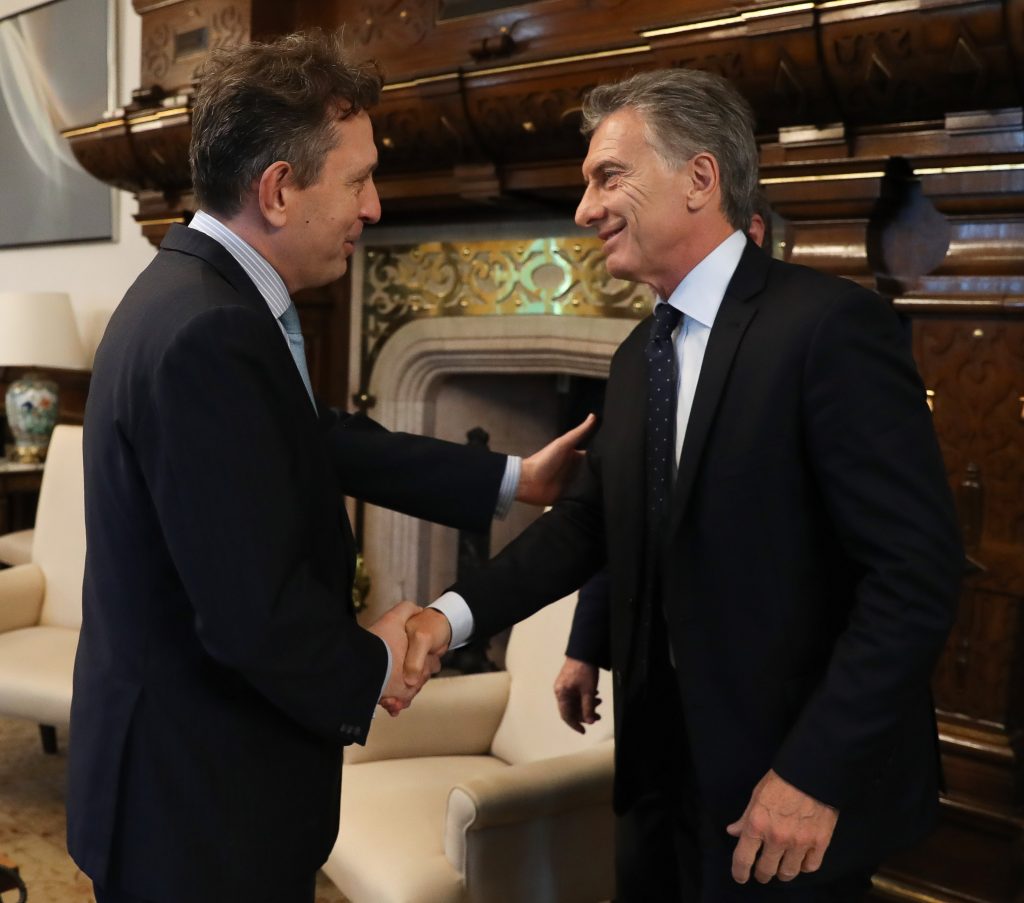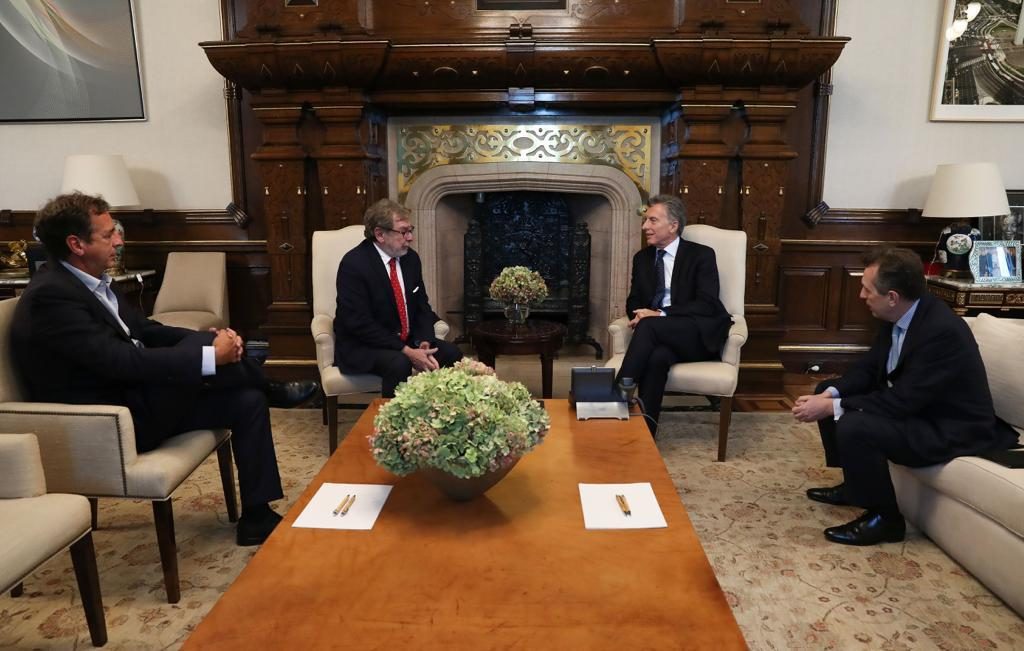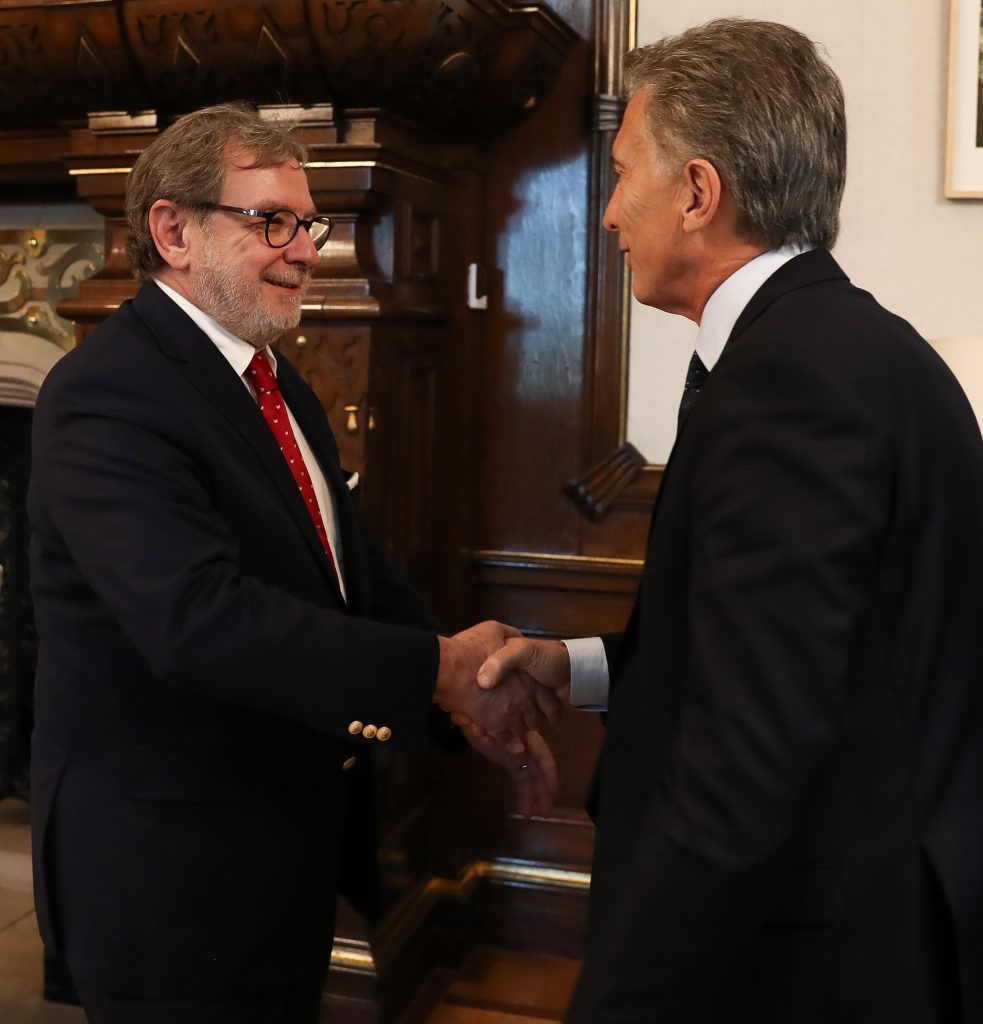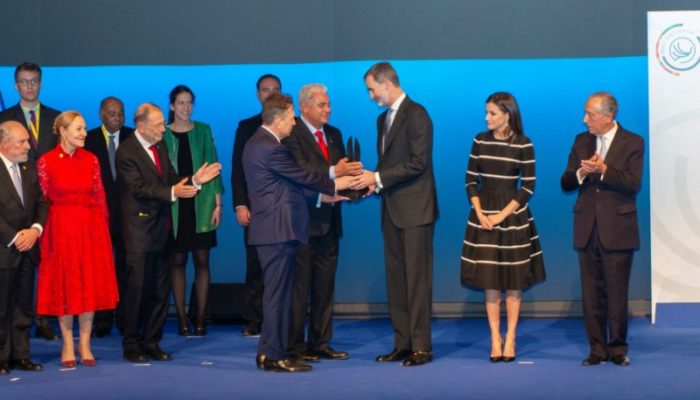Recent events in Mexico have raised concerns in the international legal community, in connection with important aspects of the Mexican constitutional and legal order.
As a global association of jurists, the WJA’s ultimate mission is the promotion of the rule of the law and never of the force; in this line, the WJA on behalf of the whole legal international community will issue an institutional declaration on the Rule of Law in Mexico.
(You may sign the Declaration HERE)
With this initiative, the WJA seeks to encourage the national and international legal community, as well as the Mexican government authorities, officials, judges, magistrates and the civil society to stand firm in defending and upholding the Rule of Law.
The WJA calls for dialogue among all levels of government, the judiciary, and civil society, to unite, in order to promote respect for and the supremacy of the rule of law, and offers its support and assistance to all parties who wish to work together in good faith to resolve the differences now faced by the government and people of Mexico.
READ THE WJA DECLARATION ON THE RULE OF LAW IN MEXICO
To sign and support this Declaration CLICK HERE
LEA LA DECLARACIÓN DE LA WJA SOBRE EL ESTADO DE DERECHO EN MÉXICO
Puede firmar la declaración AQUÍ

